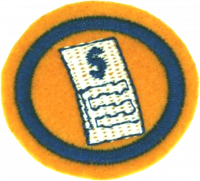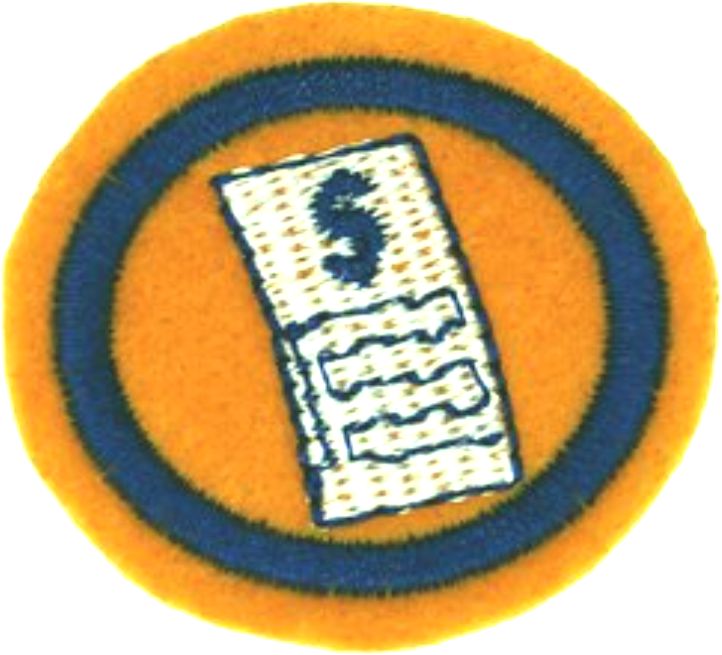Difference between revisions of "AY Honors/Household Budgeting/Answer Key/pt-br"
(Created page with "<noinclude>") |
(Created page with "</noinclude> <!-- 12. Qual porcentagem da renda de uma família deve ser poupada? -->") |
||
| Line 125: | Line 125: | ||
{{CloseReq}} <!-- 11 --> | {{CloseReq}} <!-- 11 --> | ||
{{ansreq|page={{#titleparts:{{PAGENAME}}|2|1}}|num=12}} | {{ansreq|page={{#titleparts:{{PAGENAME}}|2|1}}|num=12}} | ||
| − | <noinclude> | + | <noinclude></noinclude> |
| − | </noinclude> | + | <!-- 12. Qual porcentagem da renda de uma família deve ser poupada? --> |
| − | <!-- 12. | ||
| − | |||
| − | + | {{clear}} | |
| − | |||
| − | |||
| − | + | {{clear}} | |
| − | |||
| − | |||
| − | + | {{clear}} | |
| − | |||
| − | |||
| − | + | <noinclude></noinclude> | |
| − | <noinclude | ||
| − | |||
{{CloseReq}} <!-- 12 --> | {{CloseReq}} <!-- 12 --> | ||
{{ansreq|page={{#titleparts:{{PAGENAME}}|2|1}}|num=13}} | {{ansreq|page={{#titleparts:{{PAGENAME}}|2|1}}|num=13}} | ||
| − | <noinclude> | + | <noinclude></noinclude> |
| − | </noinclude> | + | <!-- 13. Pesquisar ao menos 2 métodos, além da caderneta de poupança, para investir o dinheiro poupado. Quais as vantagens e desvantagens de cada um? --> |
| − | <!-- 13. | ||
| − | |||
| − | + | {{clear}} | |
| − | |||
| − | |||
| − | + | {{clear}} | |
| − | |||
| − | |||
| − | + | {{clear}} | |
| − | |||
| − | |||
| − | + | {{clear}} | |
| − | |||
| − | |||
| − | + | {{clear}} | |
| − | |||
| − | |||
| − | + | <noinclude></noinclude> | |
| − | <noinclude | ||
| − | |||
{{CloseReq}} <!-- 13 --> | {{CloseReq}} <!-- 13 --> | ||
{{ansreq|page={{#titleparts:{{PAGENAME}}|2|1}}|num=14}} | {{ansreq|page={{#titleparts:{{PAGENAME}}|2|1}}|num=14}} | ||
| − | <noinclude> | + | <noinclude></noinclude> |
| − | </noinclude> | + | <!-- 14. Saber fazer o seguinte: --> |
| − | <!-- 14. | ||
| − | |||
| − | + | <noinclude></noinclude> | |
| − | <noinclude | ||
| − | |||
{{ansreq|page={{#titleparts:{{PAGENAME}}|2|1}}|num=14a}} <!--T:19--> | {{ansreq|page={{#titleparts:{{PAGENAME}}|2|1}}|num=14a}} <!--T:19--> | ||
| − | <noinclude> | + | <noinclude></noinclude> |
| − | </noinclude | ||
| − | |||
| − | + | {{clear}} | |
| − | |||
| − | |||
| − | |||
| − | |||
| − | |||
| − | + | {{clear}} | |
| − | |||
| − | |||
| − | + | {{clear}} | |
| − | |||
| − | |||
| − | |||
| − | + | {{clear}} | |
| − | |||
| − | |||
| − | + | {{clear}} | |
| − | |||
| − | |||
| − | |||
| − | |||
| − | |||
| − | + | {{clear}} | |
| − | |||
| − | |||
| − | + | {{clear}} | |
| − | |||
| − | |||
| − | |||
| − | |||
<div lang="en" dir="ltr" class="mw-content-ltr"> | <div lang="en" dir="ltr" class="mw-content-ltr"> | ||
Revision as of 17:14, 13 May 2021
Nível de habilidade
1
Ano
2012
Version
18.02.2025
Autoridade de aprovação
Divisão Sul Americana
1
2
3
4
5
6
7
8
9
10
10a
10b
10c
11
12
13
14
14a
Purpose of the check:
10. Writing the purpose here makes sure the receiver knows what it's for, and helps you remember later on what this check was paying for. Also called the reference line. It is optional, but might include an invoice or account number or a short note like "rent for 123 Walnut St for Feb 2016."
Signing the check:
11. Your autograph or signature, authorizing the payment. Without this the check is not valid
14b
The elements of a receipt usually include:
- Who paid the money
- Who received the money
- The purpose of the payment
- The amount paid
- The date paid
- Some sort of receipt number
- Often receipts are made in duplicate so that both parties can keep a copy
14c
Increasingly bills can be paid via ATMs, so go try it. If you don't have a bank card, work with a parent.
14d
14e
15
This exercise will really teach how to control spending, for it puts all spending down in black and white (and perhaps red!). This and the following requirement are why earning this honor requires a long term commitment for the Pathfinder.
An easy way to track spending is to get a receipt for every amount of money you spend and then categorize the receipts occasionally.
Another way is to write down what you spend in a notebook or on your phone. You might check out personal budgeting apps for your smart phone to assist in this task.
Some find a jar system works well. Income is recorded and placed in labeled jars or envelopes by how it should be spent. When you need to buy food you pull money from the food jar. If you find you need to move money between jars or categories, record that. You might choose to modify the system by keeping a small float of cash in you wallet or purse, then each night top up the float with money from the correct jars based on how you spent part of the float that day (we can usually remember how we spent money that day). This avoids having to carry all your cash around in jars in case you need to spend some money.
16
Your family operates as an economic unit. You can only control what you can measure and understanding how you spend money as a family will help you control spending. The need to write down what you spend will give you a moment to pause and reflect on the need to spend the money, so just the process of tracking spending will usually reduce spending.
17
Localization:Default Bible version/pt-br Malachi 3:8-12
Do Not Rob God 8 “Will a man rob God? Yet you have robbed Me! But you say, ‘In what way have we robbed You?’ In tithes and offerings. 9 You are cursed with a curse, For you have robbed Me, Even this whole nation. 10 Bring all the tithes into the storehouse, That there may be food in My house, And try Me now in this,” Says the Lord of hosts, “If I will not open for you the windows of heaven And pour out for you such blessing That there will not be room enough to receive it. 11 “And I will rebuke the devourer for your sakes, So that he will not destroy the fruit of your ground, Nor shall the vine fail to bear fruit for you in the field,” Says the Lord of hosts; 12 “And all nations will call you blessed, For you will be a delightful land,” Says the Lord of hosts.



